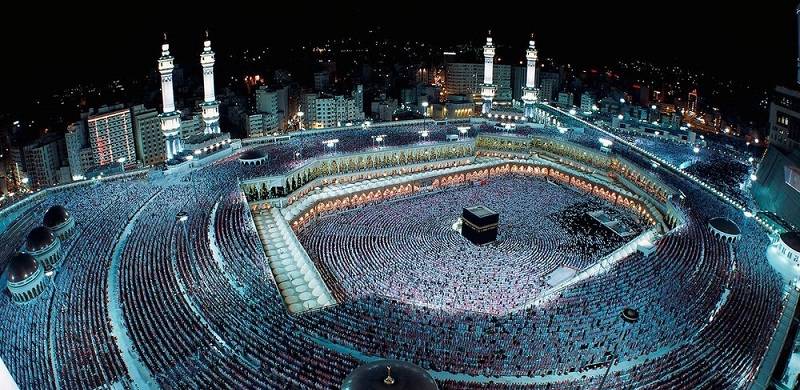Saudi Issues New Rules for Hajj 2026 Accommodations
In preparation for Hajj 2026, Saudi authorities introduced new rules for Hajj 2026 accommodations aimed at boosting safety, transparency, and fairness.
The rules require all pilgrims to confirm lodging before visa approval. No last-minute hotel bookings will be allowed.
Officials said these changes will curb lodging scams, prevent overcharging, and ensure pilgrim comfort.
Mandatory Booking in Advance & Approved Hotels
Under the new rule, pilgrims must book and confirm hotels before applying for Hajj permits.
Only approved, licensed accommodations can host pilgrims under the official Hajj scheme.
Unregistered hotels or informal lodging will not qualify for pilgrim bookings.
This step ensures that lodging meets safety and quality standards.
Fixed Quality & Proximity Standards
Saudi Arabia now enforces fixed minimum standards for pilgrim lodging: building safety, sanitary facilities, access to services, and proximity to Haram sites.
Staying too far from holy sites without proper transport support will no longer be allowed.
Hotels must reflect fair pricing and refuse arbitrary rate surges during peak days.
These standards aim to improve the pilgrimage experience and reduce burden on transit logistics.
Penalties & Enforcement Measures
Hotels that breach these rules risk fines, license revocation, or exclusion from Hajj operations.
Authorities will inspect accommodations regularly during the pilgrimage.
If lodging fails inspections, pilgrim groups may be relocated or penalized.
Saudi Arabia intends to enforce consequences to deter rule violations.
Visa & Permit Linkage to Lodging
Lodging confirmation now becomes a condition for Hajj visa and permit issuance.
Embassies and consulates will verify hotel bookings before approving pilgrim applications.
Pilgrims without valid bookings may see visa applications rejected.
This linkage ensures no pilgrim travels without secured accommodation.
Impacts on Pilgrims & Agencies
Hajj travel agencies must now coordinate accommodation block reservations well in advance.
Pilgrims will need to plan earlier, pay booking deposits earlier, and confirm full lodging details ahead.
Some might face higher upfront costs or limited hotel choice in early booking phases.
However, assured quality and legal compliance may offset those burdens.
Rationale: Safety, Equity & Preventing Exploitation
Saudi officials cited past lodging abuses, price gouging, and pilgrim complaints as reasons for these rules.
They said these regulations protect vulnerable pilgrims from being exploited.
By standardizing accommodation norms, the goal is to raise trust and reduce chaotic lodging practices.
Authorities also aim to reduce last-minute lodging burdens on support systems such as transport, security, and health services.
Global & Regional Comparisons
Similar lodging rules exist in some countries hosting mass pilgrimages or large religious festivals.
In recent years, Saudi Arabia also tightened Umrah visa rules, requiring hotel and transport booking confirmation before visa approvals.
These new Hajj lodging rules reflect that trend toward managed pilgrim flows and better service assurance.
Challenges & Risks Ahead
Implementation and enforcement at scale will test Saudi authorities.
Pilgrim agents may try to bypass rules or use unapproved lodging networks.
Some regions with fewer approved hotels may see tight capacity and booking conflicts.
Cost pressures may rise, especially for pilgrims from low-income countries.
Diplomatic coordination with sending countries will be critical to smooth implementation.
What Pilgrims & Agencies Should Do
Pilgrims should book their lodging early through authorized operators to meet the new requirements.
Agencies must apply for hotel blocks ahead, vet compliance, and document confirmations.
Verify that hotels are on the official approved lodging list.
Check proximity to Haram sites or transport access during rituals.
Retain hotel booking proof and permit linkage for possible audits.
Why This Matters
By launching new rules for Hajj 2026 accommodations, Saudi Arabia shifts toward more structured, safe pilgrimage operations.
These changes signal intent to prioritize pilgrim welfare, reduce chaos, and enforce standards.
In a pilgrimage context, lodging is not a luxury—it’s essential for dignity, safety, and religious focus.
If rules succeed, they may set a precedent for future Hajj and other large religious gatherings globally.







